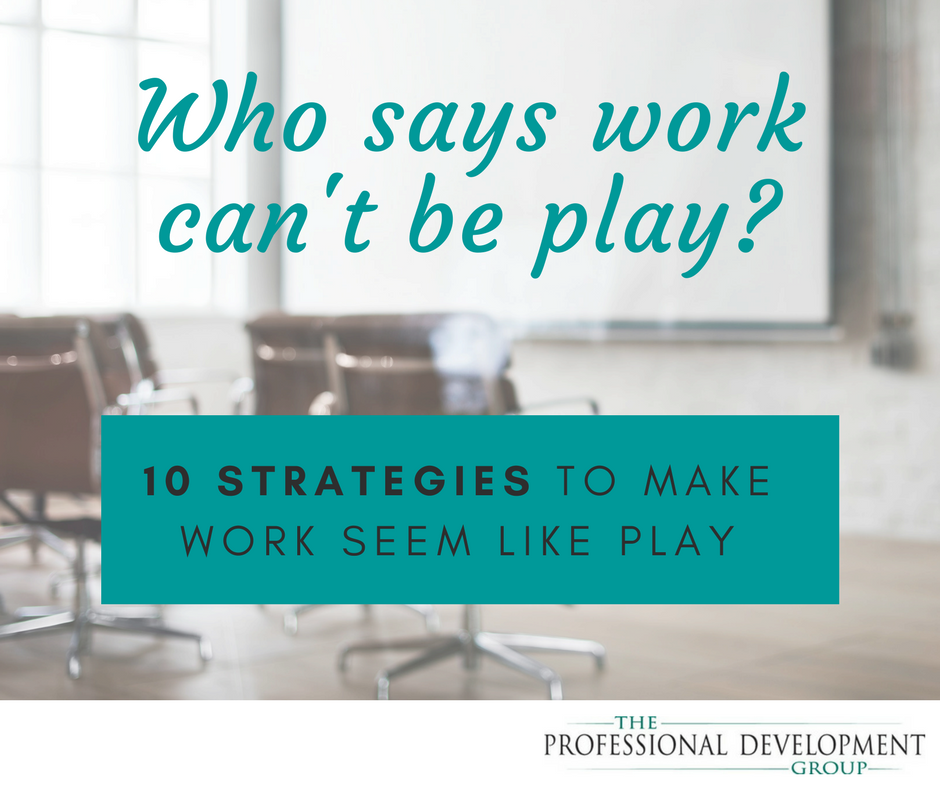Every startup and every big business wishes that all their employees were star performers, but wishing doesn’t make it happen.
Some coaches and leaders seem to have the magic for bringing out the best in everyone. Research has shown that it isn’t magic, but a focus on engaging people in their work, so that their work triggers the same emotions as play does for you.
Some of you cynics may think that such a thing isn’t possible, but Shawn Kent Hayashi, who has worked for years with entrepreneurs, as well as Fortune 500 giants, argues otherwise. In “Conversations for Creating Star Performers,” she offers examples and ten strategies to leverage conversations into game-changing moments for team members and your company:
Build awareness of expectations. Conversations about what effective performance looks and sounds like are an obvious strategy, but too often found missing. No team member knows what they don’t know, so regular communication from leaders is key.
Understand individual motivators. Star performers are always people who have aligned their work to their values so that they are passionate about what they are doing, and the work will feel like play. Great leaders align the values of work to their team.
Capitalize on the strengths of each team member. When hiring or inheriting new team members, it’s important to discuss their strengths, development areas, and blind spots early. Always try to align people’s roles to their natural talents and interests.
Help team members develop a plan for their future. Take the time to develop individualized development plans for every team member, as a joint effort. Focus should be on current strengths, blind spots, where they want to go, and how to get there
Make new skill development an ongoing priority. Survival in today’s fast-moving business world requires continuous learning and broadening of your skills. You will need to be inspiring and connect the dots to show the benefits of new abilities.
Get people unstuck and back on track. People don’t get back on track unless they know there is a problem. It’s up to you to give the tough feedback, without emotion, while keeping it in context. Then, with clarity, provide the next steps to get back on track.
Support team members in being accountable. Communicate the measurable results expected, and get a commitment for specific action steps and timeframes. Remember that you must role model and reward accountability to get it from your team.
Provide real feedback on their performance. Performance feedback works and is appreciated when it is done often, and in the context of specific accountable actions. Once per year discussions, only when there is a problem, don’t work.
Celebrate successes and even small steps. Always affirm and reward team members often, and criticize infrequently. Experts say it takes five positive interactions to dilute one negative, if we want the relationship to thrive. Create a positive emotional wake.
Develop future leaders early. Successful competition in the marketplace is correlated to a company’s ability to attract, retain, and develop talent. Develop a deep talent pool and it’s never too early for succession planning. This forces you to think about how team members can grow to satisfy their long-term objectives and yours.
A strong and positive business culture is instrumental in bringing out and retaining stars. Top executives and leaders set the culture, but every manager’s actions and interactions with top performers and every team member solidify and drive that culture.
During the recent recession, it was easy to conclude that you have other priorities, and team members would perform at their best to keep their jobs. But keeping a job and top performance at the job are two different things. Now, as business confidence builds, it’s time to double-check how you’re treating all your potential star performers. They will love it or leave it.

